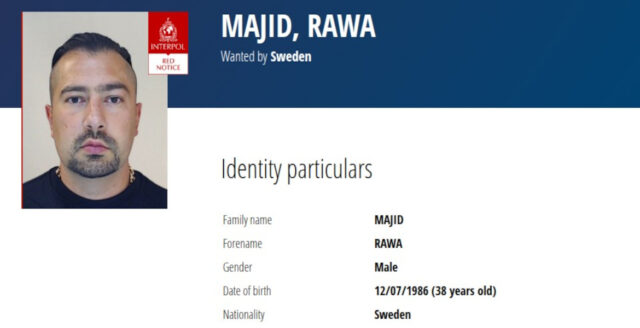A bun-baking grandmother in Norrbotten has been sentenced to prison by the Court of Appeal for selling homemade buns without a permit. While the court takes her unauthorized baked goods seriously, many are questioning whether Swedish courts have time to knead such trivial matters.
A 65-year-old woman in Norrbotten has been sentenced to six weeks in prison for selling buns, bread, and sandwich cakes via Facebook without a registered food business, according to a ruling from the Court of Appeal for Northern Norrland, reports Bonnier-owned Expressen.
The municipality had prohibited the sales and issued fines totaling SEK 130,000 (€12,000), which the woman, living on a pensioner’s income, could not pay. The fine was therefore converted into a prison sentence – a penalty her lawyer calls “unreasonable”.
For several years, the woman has been running the business and engaging many customers on social media by posting pictures of her baked goods and her grandchildren.
Jojo, det går bra att ta i med hårdhandskarna när det inte är något våldskapital hos motparten. Bra signal till medborgarna så att ingen ska tro att den systemhotande kriminaliteten kommer att angripas.
— P.M.Vojmå (@mvojmoe) April 28, 2025
Translation of above tweet: “Yes, it’s okay to use heavy-handed tactics when the other side isn’t violent. It sends a good signal to citizens that no one should think that crimes that threaten the system will go unpunished“.
Appealed to the Supreme Court
Attorney Frida Larsson stresses that the woman considered baking a hobby, often giving away buns to her grandchildren and charging only a minimal amount to cover ingredient costs.
Nonetheless, the Court of Appeal chose to swiftly impose a prison sentence, despite her health issues and financial hardship.
– She is deeply distressed and does not understand how she will endure a prison term given her deteriorating health and age. This has taken a heavy toll on her, Larsson says.
The ruling has sparked public outrage and is being appealed to the Supreme Court. Meanwhile, the question remains: Is prison truly the right recipe for justice in this case?









